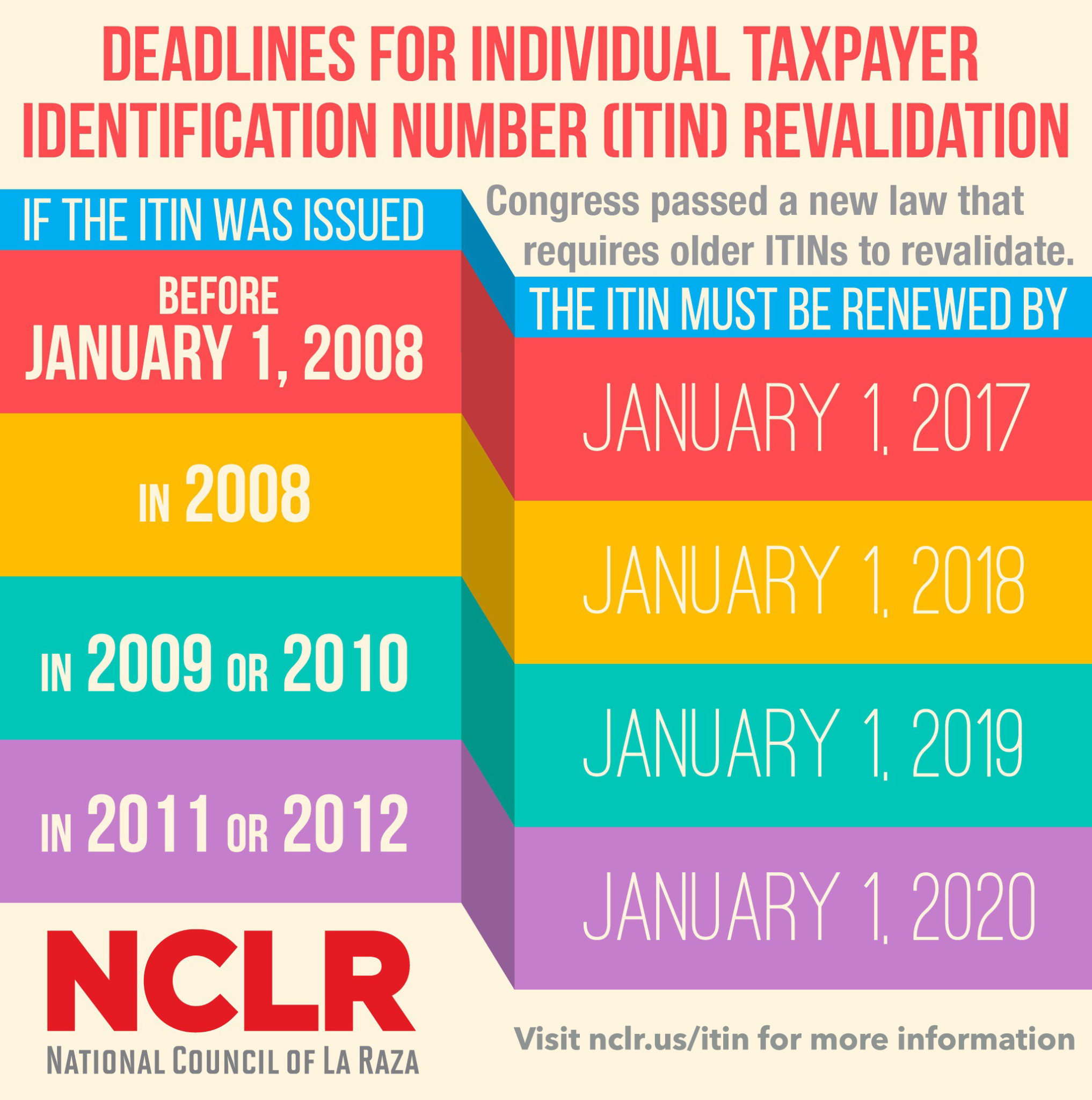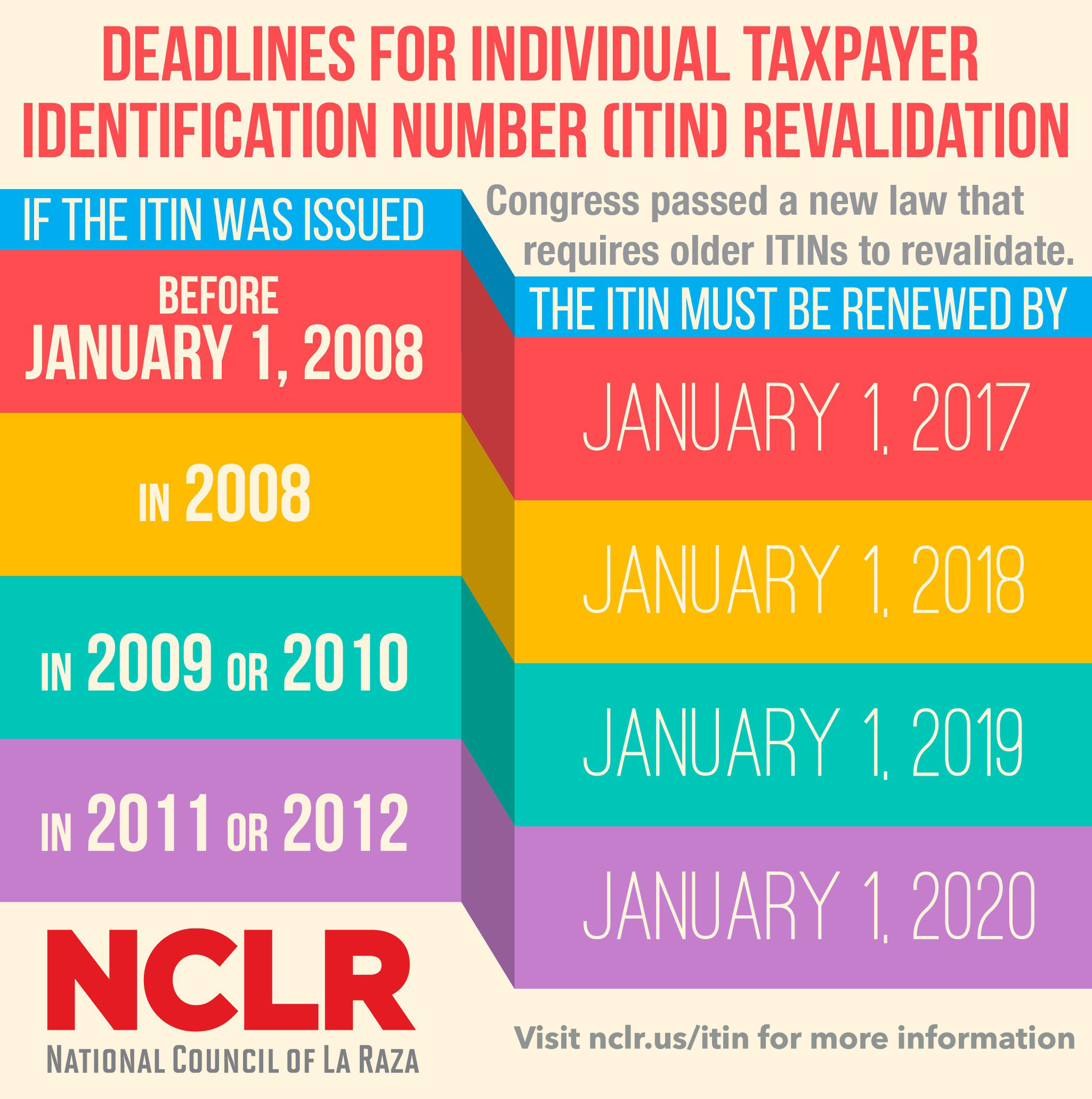Four Things for Latino Families to Remember on Tax Day
By Yuqi Wang, Policy Analyst, Economic Policy Project, NCLR

For many Latino households, the tax refunds they receive every April is one of the largest influxes of cash they receive all year. The refunds help families pay debts, keep them out of poverty, and help to buy necessities like clothes and groceries. Below are a few things for Latino families to keep in mind as the 2016 tax filing season wraps up today.
1. You may be eligible for critical refunds, such as the EITC or CTC. Filing your taxes means that you might be eligible for critical refunds like the Earned Income Tax Credit (EITC) and the Child Tax Credit (CTC). The EITC and the CTC are two refundable tax credits that benefit low- and middle-income earners. They increase the earnings of lower-income workers, reduce child poverty, make low-wage work more rewarding, and offset the effect of paying regressive payroll taxes. Both credits raised more than nine million Americans out of poverty in 2015, and made 22 million others less poor. It is important to note that taxpayers filing with an ITIN number are eligible to claim the CTC, but not the EITC.
2. If you file your tax return with an ITIN, you may need to renew your ITIN to get a refund. Under legislation passed by Congress in 2015, the IRS requires that certain taxpayers renew their ITINs before they submit their tax return and claim certain tax credits, primarily the Child Tax Credit. Affected ITINs expired on January 1, 2017, and unless renewed, taxpayers using expired ITINs on their tax returns will face a delay in receiving eligible tax refunds. For more information and resources on renewing ITINs, visit nclr.us/ITIN.
3. Watch out for scammers pretending to be the IRS. Every year, scammers masquerade as IRS officials and call innocent taxpayers, demanding they pay their outstanding taxes or face jail time. These scams are especially important to be aware of during this tax season because the IRS is resuming the use of private debt collectors to contact taxpayers with outstanding tax debts. This may cause confusion and fear among taxpayers who are unsure of the validity of such a phone call. Visit the IRS website for more information about these scams. If you or someone you know receive a phone call from scammers, report the call to the Federal Trade Commission, a federal agency designed to protect consumers.
4. Congress can do more to make the tax code fair for middle class families. Each tax year reminds us that there are many ways in which the tax code continues to benefit high-income earners and leave behind working class families. Congress has signaled its intention to work on tax reform in the coming months, and NCLR urges policymakers to ground their efforts in tax reform that invests in our future by supporting working families and reducing poverty. Here are some ways to do that:
–Earned Income Tax Credit (EITC) and Child Tax Credit (CTC): Even while the EITC and CTC helped many families and children move above or closer to the poverty line, there are still ways to improve these credits so that more taxpayers can benefit. The EITC can be expanded to include workers not raising children, and the CTC can increase the credit for very young children, making it fully refundable to benefit families with the lowest incomes, and adjust the credit amount to inflation.
–Mortgage Interest Deduction (MID) – The MID allows taxpayers who own homes to reduce their taxes by deducting the amount of mortgage interest they paid in a year on their tax returns. However, MID does not help achieve the goal of expanding homeownership. Most of the benefits of this subsidy accrue to upper-income households whose decision is not whether to purchase a home, but rather how large a home to purchase. Reforming the MID to ensure that it serves its original purpose of expanding homeownership, especially for low- and middle-income households, is crucial.
–Retirement Savings Contributions Tax Credit (Saver’s Tax Credit) – This credit is designed to help low- and middle-income workers save for retirement, but half of all workers—and two-thirds of Hispanic workers—do not have access to employer-sponsored retirement plans and largely do not benefit from this tax credit. As a result, one-third of all workers and 44 percent of Latino workers do not accumulate personal savings and rely on Social Security for 100 percent of their retirement income. The Saver’s Credit should be made into a refundable tax credit so that low- and moderate-income workers can also benefit from this retirement savings tax incentive.
As talks of tax reform ramp up, NCLR will continue to fight for a fairer tax code that will support middle and working families, and help ensure families’ paychecks go further in covering costs like retirement, paying for necessities, and owning a home. But in the short term, it is imperative Latino families file their taxes on time to claim the critical tax refunds they might be eligible for.





